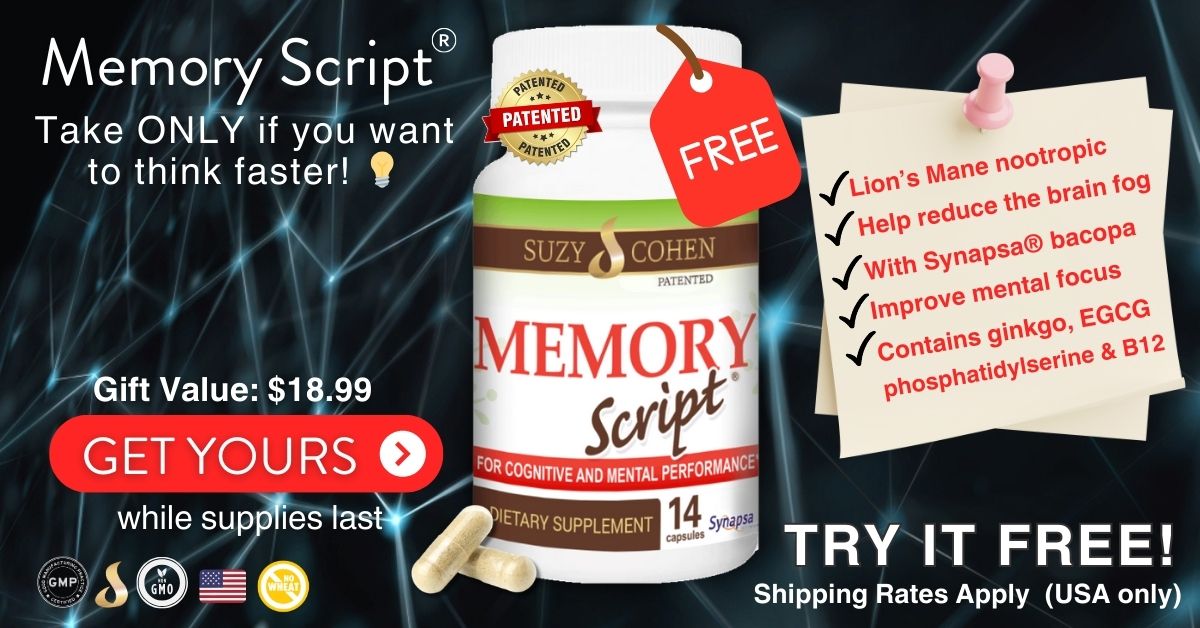What's On This Page?
ToggleBerberine is extracted from various different trees including a shrub from the “berberis” family. You may have heard of goji berries those come from the Japanese Barberry tree.
Berberine is different, it comes from different Barberry trees/shrubs, and most importantly, it is a naturally occuring compound, not a drug. I say that because if you look at the research, berberine is sometimes compared to drugs and found to be more effective, and this might lead you to assume that it’s also a drug. But it is just an “alkaloid” type of compound, as well as a beautiful yellow (natural) dye.
Berberine research is impressive. It is so profoundly useful that it could (and should) be in the same rock star category as the spice turmeric/curcumin. As time goes by, and more studies are published, you will see berberine as a major player in the health arena, and it will one day be elevated in status to that of turmeric. It’s powerful plant-based medicine, and some practitioners use it to support cardiac function and aid in weight loss, as well as for diabetes and even cancer.
Today’s blog is about diabetes and the brain changes that occur with high blood sugar and/or high insulin, or insulin sensitivity. Take a look at the graphic below if you are curious about the symptoms of diabetes. If this looks like you, see a physician to get a correct diagnosis.
Everyone understands that insulin levels play a role in blood sugar metabolism and that insufficient levels lead to hyperglycemia and then diabetes. Insulin is a taxi for blood sugar, it shuttles the sugar into the cell, and therefore it lowers levels in the bloodstream. It is also accepted that normal levels of insulin can play a role in diabetes IF the insulin is not allowed into the cell. We call this insulin resistance and it is also part of diabetes. What if the insulin is really high?

Changes Associated with Hyperinsulinemia
You might think that blood sugar would be low, but that’s not so. You can have hyperinsulinemia and still have high blood sugar! Weird but true, because hyperinsulinemia means there is more insulin circulating in the blood stream compared to glucose. No one really talks about brain changes associated with hyperinsulinemia and diabetes. High insulin causes you to retain more dangerous beta amyloid plaques, instead of clearing those out like normal.
One can develop very serious dementia and problems with memory and even Alzheimer’s if insulin levels remain high. Depression too! Levels vary so refer to the reference range on your own lab test. Just FYI, you can test your blood levels at any laboratory, or through any physician. Obviously, insulin (just like blood sugar) will change depending on the time you ate, and whether or not you were fasting.
One point I’d like to make is that you cannot leave yourself to “wait and see” if you have hyperinsulinemia because it can damage your brain and hasten cognitive decline and mood disorders.Berberine, a natural herbal extract appears to be helpful with cognitive decline related to diabetes. It helps control some of the free radicals associated with these problems, and we also know it is a rising star in terms of creating more insulin sensitivity.
Berberine and Advanced Glycation End Products
Chronically elevated blood sugar or insulin will cause you to form more AGEs, short for Advanced Glycation End products, which are like little misses in your blood stream. What’s so odd is that there is more than likely lower levels of insulin in the spinal cord (cerebrospinal fluid). But it could be high in your bloodstream! Don’t worry about that little detail, just know that berberine is a very useful herb that you can buy without prescription. Berberine was evaluated recently and I read the article which was published in Frontiers in Pharmacology, September 2019. The title of it is Berberine Ameliorates Spatial Learning Memory Impairment and Modulates Cholinergic Anti-Inflammation.
The title means that berberine makes learning and memory recall better by acting as a strong anti-inflammatory. Berberine was found to increase acetylcholine levels in rodents with diabetes. They give rats diabetes by injecting them with a substance that is found in white bread called alloxan. Acetylcholine as you know is one of your memory molecules. It raises the levels of acetylcholine by slowing down the breakdown of this compound, so it stays alive in the synapse longer.
So amazing that a plant-based chemical has the same mechanism of action that our Alzheimer’s drugs do! Remember high insulin (and high blood sugar) accelerate cognitive decline and there are natural herbal supplements to help with this. Talk to your physician if you plan to combine herbs with medications in order to avoid interactions and sudden hypoglycemia. One more comment about insulin. There is a strong association with hyperinsulinemia and heart attack, especially in men. This may be explained, in part, by other potential co-morbid conditions such as obesity, unhealthy lipid ratios and hypertension.
The Link Between Berberine, Inflammation, and Brain Health
One of the most compelling aspects of berberine is its ability to combat inflammation, which is a common denominator in many chronic diseases, including those that affect the brain. Inflammation in the brain, often referred to as neuroinflammation, has been linked to a range of neurodegenerative conditions like Alzheimer’s disease, Parkinson’s disease, and even depression. Research shows that berberine acts as a powerful anti-inflammatory agent, which can help reduce the impact of chronic inflammation on the brain.
When blood sugar levels are high, or insulin is elevated (as seen in hyperinsulinemia), it sets off a cascade of inflammatory responses. These responses can cause damage to brain cells and contribute to the accumulation of beta-amyloid plaques—proteins that disrupt communication between neurons and are a hallmark of Alzheimer’s disease. Berberine’s ability to reduce inflammation and oxidative stress helps protect brain cells from this type of damage, offering a natural way to support cognitive health.
Berberine and Neuroprotection
In addition to its anti-inflammatory properties, berberine also shows promise in protecting the brain from oxidative stress. Oxidative stress occurs when there is an imbalance between free radicals and antioxidants in the body, leading to cell damage. This is particularly relevant in the context of diabetes, where high blood sugar levels can produce excessive free radicals, further accelerating cognitive decline. Berberine’s role in enhancing insulin sensitivity can help stabilize blood sugar levels, thereby reducing oxidative stress and protecting the brain.
Moreover, berberine has been found to interact with various pathways involved in brain health. For instance, its impact on acetylcholine levels—critical for learning and memory—can be particularly beneficial for those with diabetes-induced cognitive decline. By preventing the breakdown of acetylcholine, berberine helps maintain this neurotransmitter’s availability in the brain, potentially improving cognitive function.
Practical Considerations
While berberine offers numerous benefits for brain health, it’s essential to approach its use thoughtfully, especially if you’re already managing diabetes or other health conditions. As with any supplement, it’s crucial to consult with a healthcare provider before adding berberine to your regimen, particularly if you’re taking medications. The combination of berberine with conventional drugs might lead to interactions, including the risk of hypoglycemia (low blood sugar levels). A healthcare provider can help tailor a plan that considers your unique needs and minimizes potential risks.
In summary, berberine’s natural ability to enhance insulin sensitivity, reduce inflammation, and protect against oxidative stress makes it a valuable ally in the fight against diabetes-related cognitive decline. As research continues to unfold, this powerful plant-based compound may prove to be an indispensable tool in maintaining brain health and overall well-being.

Suzy Cohen, has been a licensed pharmacist for over 30 years and believes the best approach to chronic illness is a combination of natural medicine and conventional. She founded her own dietary supplement company specializing in custom-formulas, some of which have patents. With a special focus on functional medicine, thyroid health and drug nutrient depletion, Suzy is the author of several related books including Thyroid Healthy, Drug Muggers, Diabetes Without Drugs, and a nationally syndicated column.



